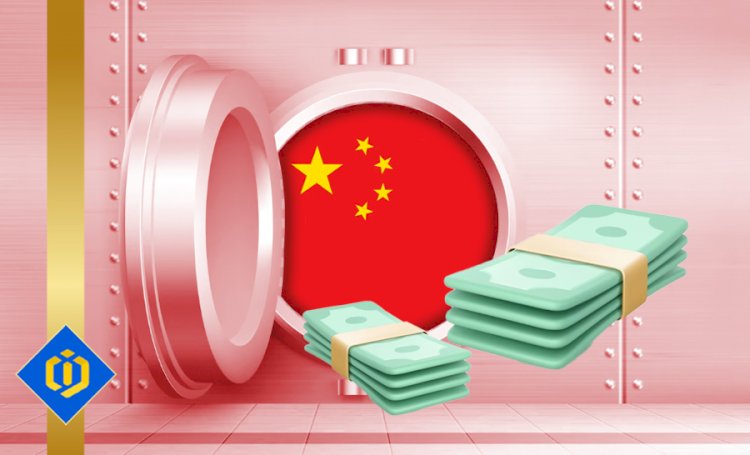How China's Foreign Currency Reserves Affect the U.S.

Introduction: The global economic stage is set for a compelling scenario: What would happen if China, with its substantial foreign currency reserves, decides to make significant economic moves that directly impact the United States? This article embarks on a journey to explore the potential outcomes of such a scenario.
China's Economic Prowess: China, a dominant global economic player, has consistently built up significant reserves of U.S. dollars and other foreign currencies. By September 2021, these reserves had soared into the trillions, prompting questions about China's potential to influence global finance and its principal debtor, the United States.
Impact on Exchange Rates: The potential scenario of China offloading a substantial portion of its U.S. dollar reserves could significantly devalue the dollar. The depreciation of the U.S. dollar carries diverse implications for various sectors of the economy.
Influence on Interest Rates: A considerable reduction in China's U.S. dollar holdings may compel the United States to raise interest rates to attract buyers for its government debt due to the diminished demand for the weakened dollar.
Global Financial Markets' Response: A move of this magnitude by China would undoubtedly trigger swift reactions in global financial markets. Rapid investor responses to currency fluctuations could intensify volatility in equity and bond markets, underscoring how disturbances in one segment can resonate globally.
Trade Dynamics: A devalued U.S. dollar could enhance the global appeal of American exports, potentially improving the U.S. trade balance. However, the realization of this effect would be gradual and contingent on several economic variables.
Diplomatic Implications: It's important to recognize that financial decisions of this scale are not confined solely to economic considerations. They hold wide-ranging diplomatic consequences. A significant move by China could exacerbate tensions between the U.S. and China on both economic and trade fronts, further complicating international relations.
Conclusion: The potential implications of China's foreign currency reserves for the United States are intricate and multi-layered. It requires consideration of not just economic factors but also the interwoven nature of global politics and diplomacy. Decisions of such magnitude are shaped by a blend of economic, political, and strategic considerations, making precise outcome predictions a challenging endeavor.
In the dynamic arena of global economics, one thing remains certain: major players like China possess the capability to set off widespread effects across the global financial landscape. To adeptly manage and navigate such situations in the future, a combination of vigilance, thorough analysis, and diplomatic finesse is essential.

 content-team
content-team 






















